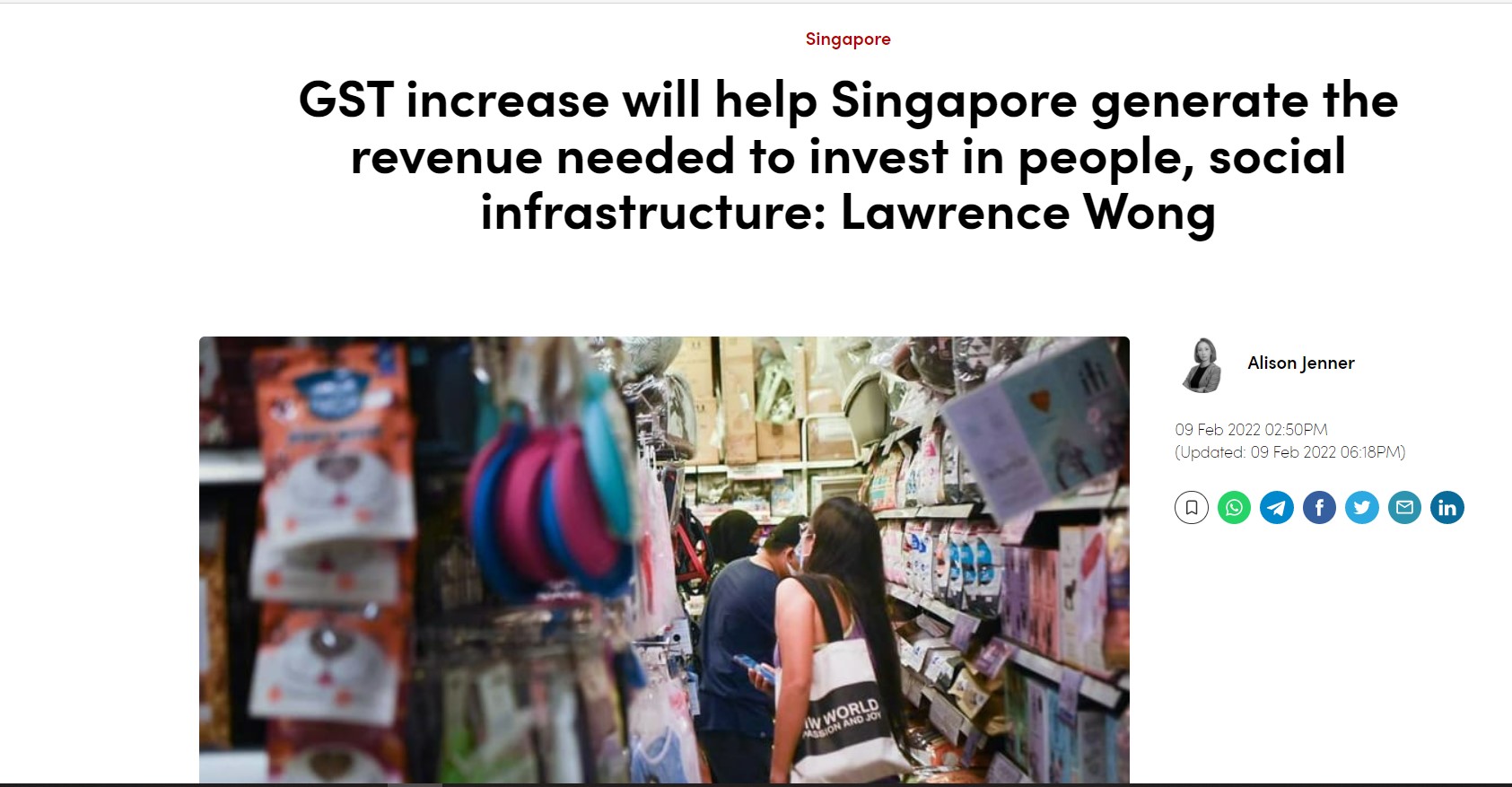I shouldn’t say it too loudly, but whilst Lee Kuan Yew did do many good things for Singapore, he committed a crime against the world of mathematics by ensuring that someone who could have been one of the most notable mathematicians in history, never became a professional mathematician.
That mathematician is his son, our current Prime Minister, Mr Lee Hsien Loong. He was the Senior Wrangler (ranked 1st in the Maths Tripos, the famously difficult undergraduate mathematics course) at Cambridge University. He scored 31 alphas, 12 more than the runner-up.
An army that one hopes would never fight a war would get a general, and the world would lose someone who could have been a great mathematician.
Whilst our current Prime Minister never had the chance to be the mathematician he should have been, there was one positive side of having a maths wiz in politics. Singapore became a world leader in the teaching of maths, so much so that “Singapore Maths” or the teaching methods developed to teach the subject in our public schools have been adopted by school districts around the world.
If there is a stereotype for us, it’s a good one. We are considered “good at maths.” What is less well known is the type of mathematics that we are good at.
Whilst everyone knows that Singapore’s kids are good at maths and ace most global exams, it’s actually our adults or specifically our politicians who are creating groundbreaking achievements in a particular field of mathematics, which can be called “interesting maths.” There is an annual display of “interesting maths,” which takes place in February – this is called “Budget” Day.
I guess you could say that “Interesting Maths” is what the Marvel version of Thor would call the point where science meets magic. It is so because of the point of interesting maths, the ability to take more in such a way that you can legitimately claim you are benefiting the people you are taking from.
Think of 2+2 being whatever you want it to be.
The usual displays of “interesting maths” come about when you talk about low wages. You will get adult Singaporeans who have not worked and have no income talking about how they cannot do menial jobs because they cannot afford to earn a low wage when they have no wage at all. It is better to be “0x0” (and it’s usually in the minus figures when they have bills to pay) and not “1+1”.
However, this is what you’d call the low level of “interesting maths.” The masters of this art have inevitably been our politicians, or more specifically our finance ministers. You only need to look at Budget Day, when the minister will find a way of increasing certain taxes and proudly claim that he is doing so to benefit the people they are taking the money from. Hence, 2+2 was good, but 2-8 is better.
Our latest Minister of Finance, Mr Lawrence Wong, has proven that he is as good at “interesting maths” as his predecessors, when he argued that the proposed Goods and Services Tax (GST) increase would, in fact, be used to benefit taxpayers, in particular those on low incomes.
As with all aspects of “interesting maths” there’s a certain amount of giving, especially to the lower-income group. However, at the end of the day, when all is said and done, the sums inevitably work out in favour of the party taking the money.
How does it work?
Well, I’ve never been good at any form of mathematics, let alone in the “interesting variety.” However, there is a rough pattern. Announce a slight increase in percentage terms.
Hence, GST is always raised by two (2) percentage points. Nothing really dramatic. Then, announce that you are going to give everyone a couple of hundred dollars for the year so that they will have something to make the price increase less painful. Then you sit back and count the money.
As with anything highly academic, the best explanation of how this works came from a taxi driver. He said, “First they give me $300. Then they increase the rent for the taxi by $1 a day. In one year, I pay back the $300 they gave and then everything else is pure profit from the increased taxes.”
Interesting Maths is intriguing because, unlike traditional mathematics, there are always variations and emotions generated. However, the results are inevitably the same.
Observe Budget Day. Do your sums, and you might be surprised by what you actually end up giving at the end of the year. This is the art of putting someone in the minus column but making them feel that they are in the plus column.
This is the real genius of Singapore maths, and perhaps there’s a reason that we have yet to export this mastery.
A version of this article first appeared at beautifullyincoherent.blogspot.com


